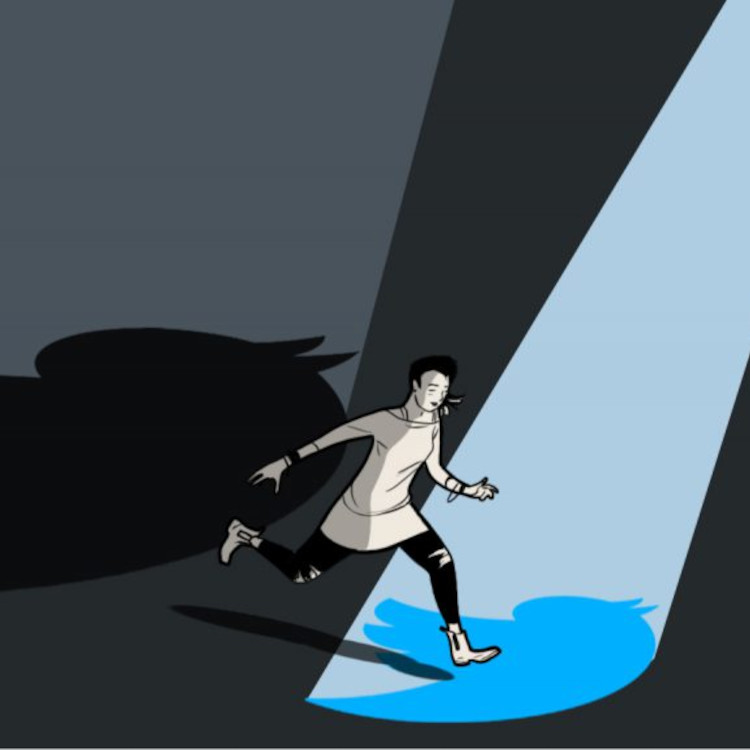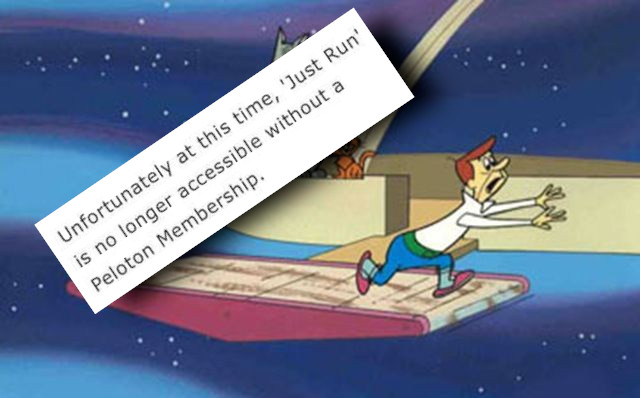
Today's Twitter threads (a Twitter thread).
Inside: Podcasting "Inside the Clock Tower"; and more!
Archived at: pluralistic.net/2021/06/21/int…
#Pluralistic
1/
Inside: Podcasting "Inside the Clock Tower"; and more!
Archived at: pluralistic.net/2021/06/21/int…
#Pluralistic
1/

Podcasting "Inside the Clock Tower": Reading my Consumer Reports story about an interoperable future.
2/
https://twitter.com/doctorow/status/1406989066843815938
2/

#5yrsago Dieselgate for GPUs: review-units ship at higher clockspeeds than retail ones theverge.com/circuitbreaker…
#5yrsago Phones without headphone jacks are phones with DRM for audio theverge.com/circuitbreaker…
3/
#5yrsago Phones without headphone jacks are phones with DRM for audio theverge.com/circuitbreaker…
3/

#5yrsago Donald Trump sources $6M worth of campaign expenditures from companies he and his family own web.archive.org/web/2016062114…
#1yrago The Case for a Job Guarantee pluralistic.net/2020/06/22/job…
4/
#1yrago The Case for a Job Guarantee pluralistic.net/2020/06/22/job…
4/

Yesterday's threads: How to cheat on your taxes; and more!
5/
https://twitter.com/doctorow/status/1406659006144278530
5/

My latest novel is Attack Surface, a sequel to my bestselling Little Brother books. @washingtonpost called it "a political cyberthriller, vigorous, bold and savvy about the limits of revolution and resistance."
Get signed books from @darkdel: darkdel.com/store/p1840/Av…
6/
Get signed books from @darkdel: darkdel.com/store/p1840/Av…
6/
My book "How to Destroy Surveillance Capitalism" is a critique of Big Tech connecting conspiratorial thinking to the rise of tech monopolies (proposing a way to deal with both) is now out in paperback:
onezero.medium.com/how-to-destroy…
Signed copies here:
darkdel.com/store/p2024/Av…
7/
onezero.medium.com/how-to-destroy…
Signed copies here:
darkdel.com/store/p2024/Av…
7/

My ebooks and audiobooks (from @torbooks, @HoZ_Books, @mcsweeneys, and others) are for sale all over the net, but I sell 'em too, and when you buy 'em from me, I earn twice as much and you get books with no DRM and no license "agreements."
craphound.com/shop/
8/
craphound.com/shop/
8/

Recent appearances:
* The ACCESS Act, @ConsumerReports:
consumerreports.org/digital-rights…
* Raging Chicken @rcpress podcast:
rcpress.podbean.com/e/out-dcoup-li…
* Darts and Lasers podcast:
dartsandletters.ca/2021/06/11/ep2…
9/
* The ACCESS Act, @ConsumerReports:
consumerreports.org/digital-rights…
* Raging Chicken @rcpress podcast:
rcpress.podbean.com/e/out-dcoup-li…
* Darts and Lasers podcast:
dartsandletters.ca/2021/06/11/ep2…
9/

My first picture book is out! It's called Poesy the Monster Slayer and it's an epic tale of bedtime-refusal, toy-hacking and monster-hunting, illustrated by Matt Rockefeller. It's the monster book I dreamt of reading to my own daughter.
pluralistic.net/2020/07/14/poe…
10/
pluralistic.net/2020/07/14/poe…
10/

You can also follow these posts as a daily blog at pluralistic.net: no ads, trackers, or data-collection!
Here's today's edition: pluralistic.net/2021/06/21/int…
11/
Here's today's edition: pluralistic.net/2021/06/21/int…
11/
If you're a @Medium subscriber, you can read these - as well as previews of upcoming magazine columns and early exclusives on doctorow.medium.com.
My latest Medium column is "The EU, tech trustbusting and trade-wars": doctorow.medium.com/the-eu-tech-tr…)
12/
My latest Medium column is "The EU, tech trustbusting and trade-wars": doctorow.medium.com/the-eu-tech-tr…)
12/
If you prefer a newsletter, subscribe to the plura-list, which is also ad- and tracker-free, and is utterly unadorned save a single daily emoji. Today's is "🙅🏾". Suggestions solicited for future emojis!
Subscribe here: pluralistic.net/plura-list
13/
Subscribe here: pluralistic.net/plura-list
13/
Are you trying to wean yourself off Big Tech? Follow these threads on the #fediverse at @pluralistic@mamot.fr.
Here's today's edition: mamot.fr/@pluralistic/1…
eof/
Here's today's edition: mamot.fr/@pluralistic/1…
eof/
• • •
Missing some Tweet in this thread? You can try to
force a refresh









